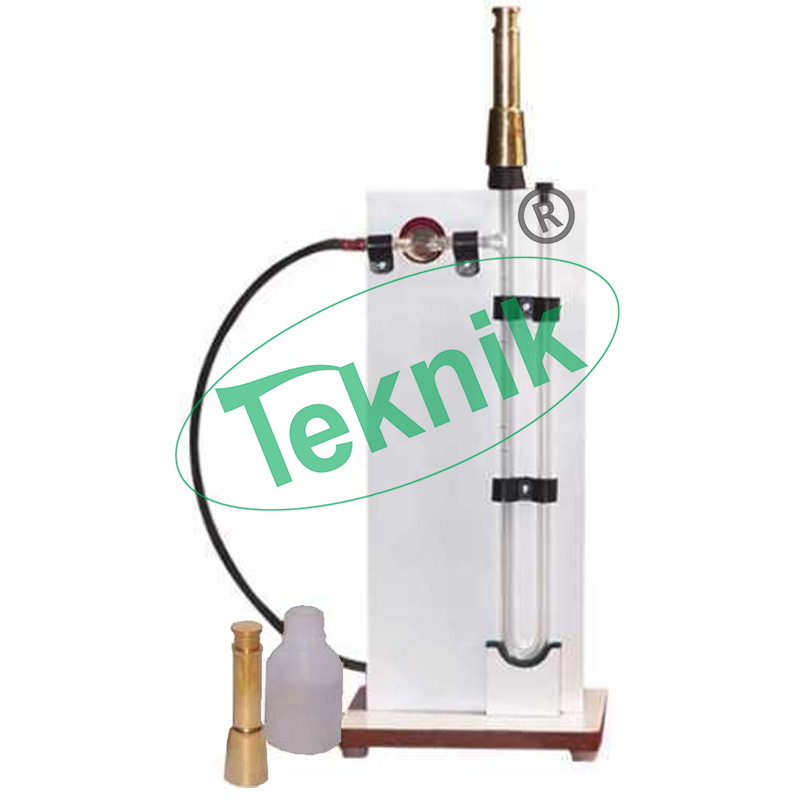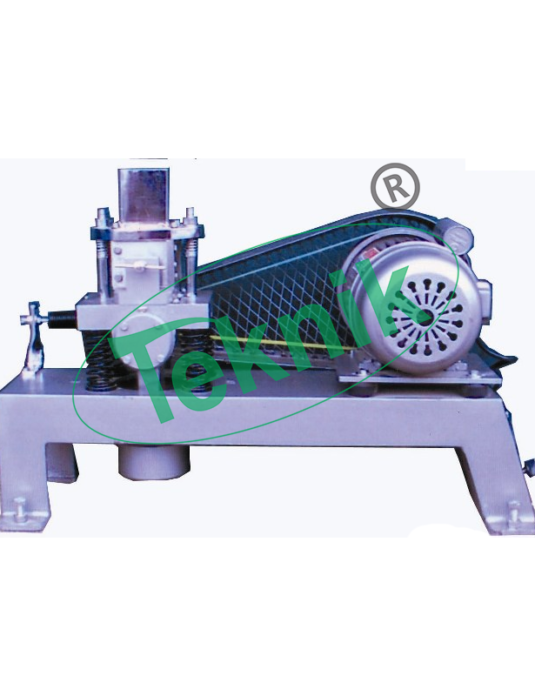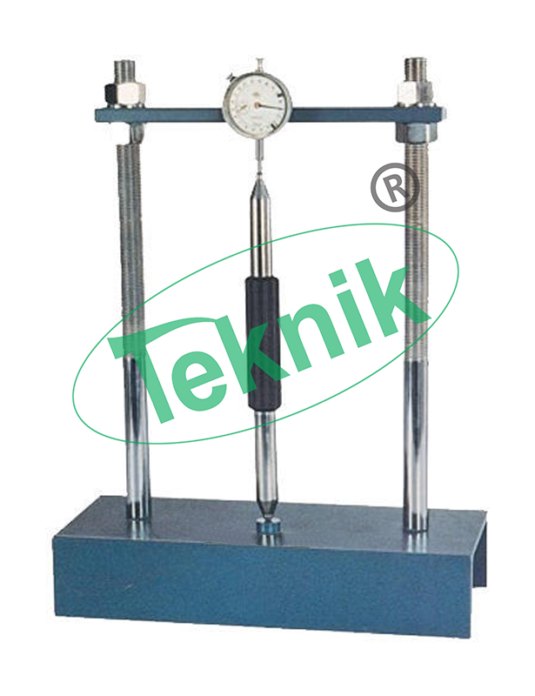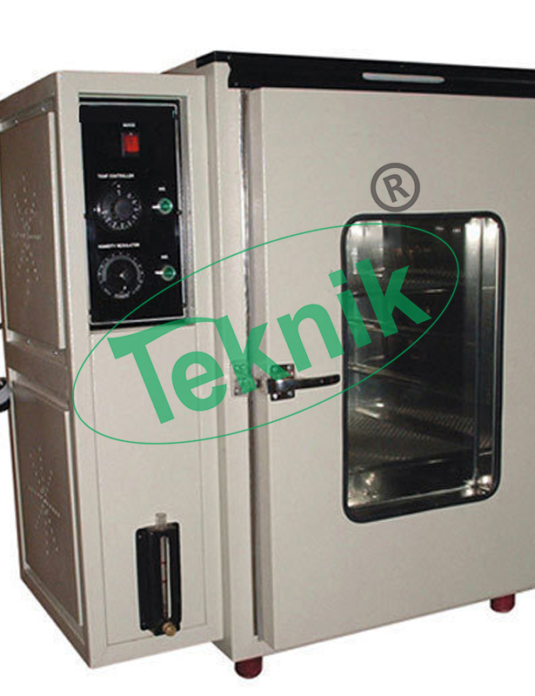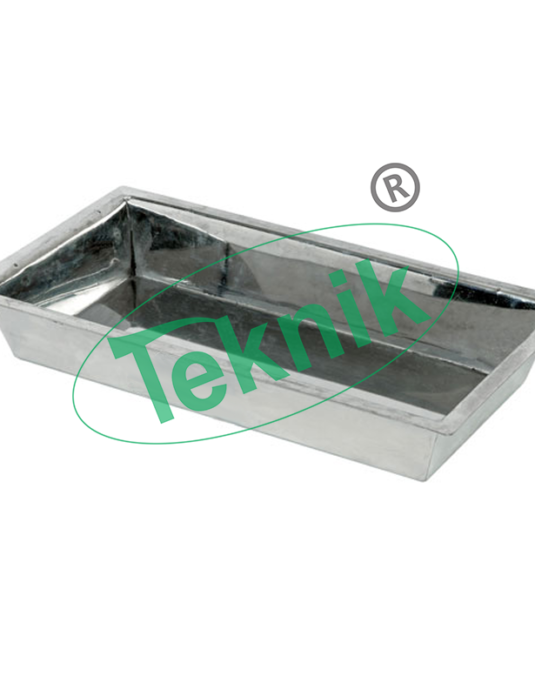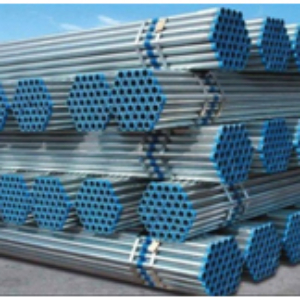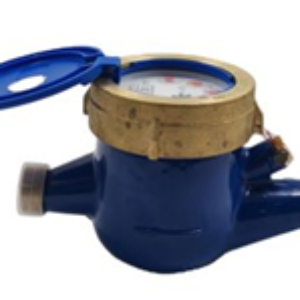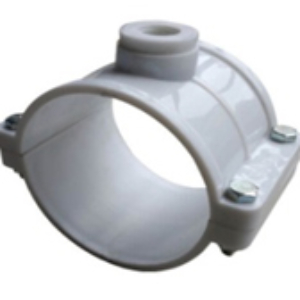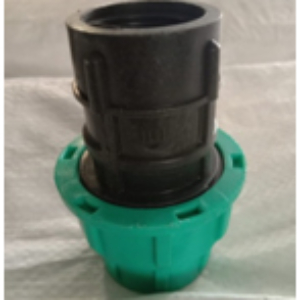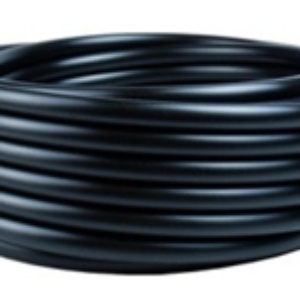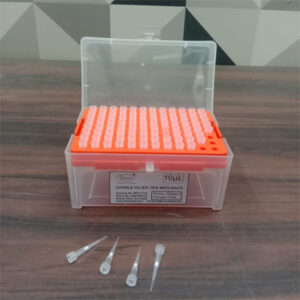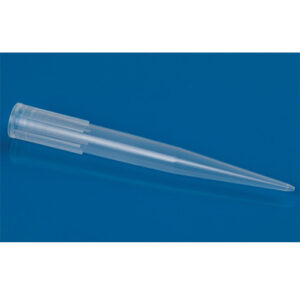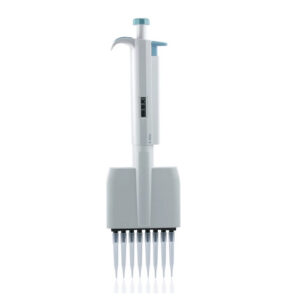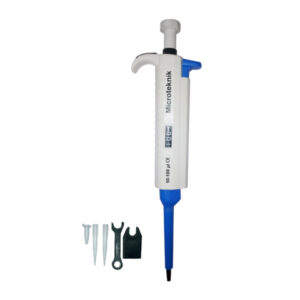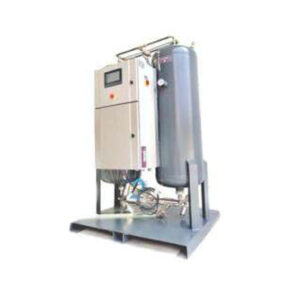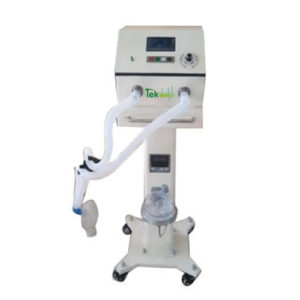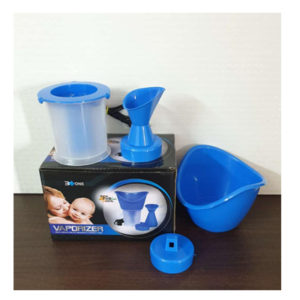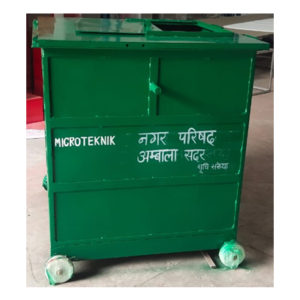Description
Technical Specification:-
- Fineness of cement has a great effect on the rate of hydration and hence the rate of gain of strength.
- Fineness of cement increases the rate of evolution of heat.
- Finer cement offers a great surface area for hydration and hence faster the development of strength.
- Increase in fineness of cement also increases the drying shrinkage of concrete and hence creates cracks in structures.
- Excessive fineness requirement increases cost of grinding.
- Excessive fine cement requires more water for hydration, resulting reduced strength and durability.
- Fineness of cement affects properties like gypsum requirement, workability of fresh concrete & long term behavior of structure.
- Coarse cement particles settle down in concrete which causes bleeding.
- Approximately 95% of cement particles are smaller than 45 micrometers, with the average particle around 15 micrometers.
- In the early 1900s, cement fineness was expressed as the mass of cement per fractional size (percent weight retained on specific sieve sizes). Now a day’s fineness is usually measured by the Blaine air-permeability test that indirectly measures the surface area of the cement particles per unit mass.
- Cements with finer particles have more surface area in m2 per kg of cement.
Accessories:-
- Punch to cut filter paper discs. Non-perforated disc. Suction bulb.
Note:-Optional Accessories may be used
- Portland Cement Fineness Standard
- Portland Cement Fineness Standard, 20-Pack
- Manometer Liquid
- Filter paper
- Stop Watch with 0.5 second resolution
** Note:-The content of the product and specification are subject to change without prior notice for continuous improvement. Images shown are for representation purpose only. “MICROTEKNIK” keeps the right to modify the content in the product without prior notice.



